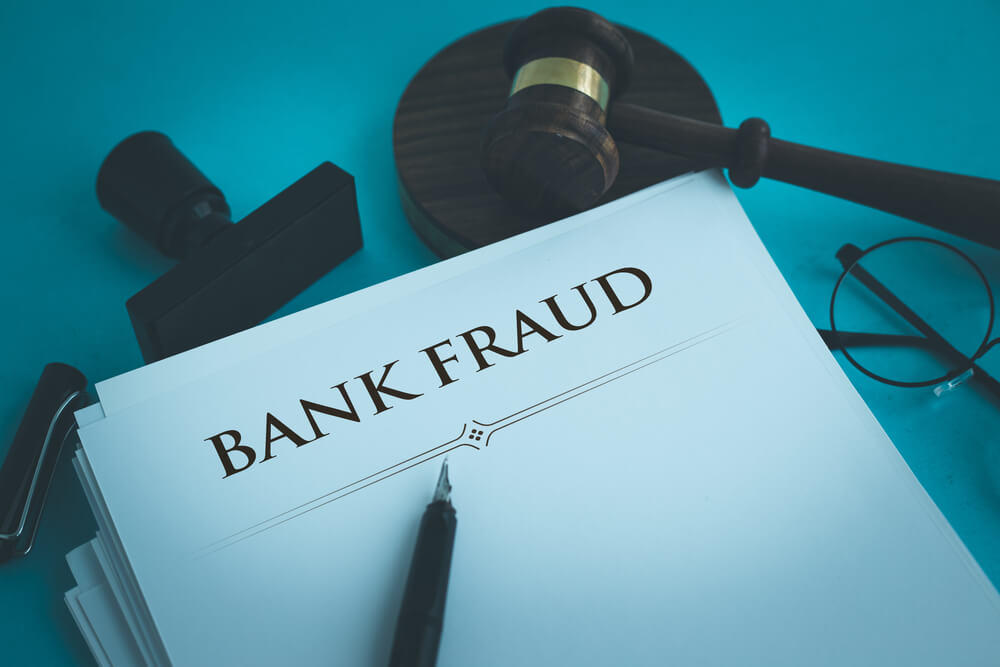Wilmington Trust has agreed to a $210 million cash settlement in a shareholder lawsuit alleging the bank fraudulently concealed billions of dollars in bad loans, according to court documents.
Plaintiffs’ attorneys filed court papers late last week asking a federal judge to approve the proposed settlement, which calls for Wilmington Trust to pay $200 million and auditing firm KPMG to pay $10 million.
The proposed settlement comes just three weeks after four former executives of Wilmington Trust, the only financial institution to be criminally charged in connection with the federal bank bailout program, were convicted on federal fraud and conspiracy charges.
The criminal case and civil lawsuit both alleged bank officials misled regulators and investors about Wilmington Trust’s massive amount of past-due commercial real estate loans before the century-old institution was hastily sold in 2011.
According to court documents, a term sheet outlining the components of the
civil settlement was signed by Wilmington Trust representatives on April 9, one day before prosecutors rested their case in the criminal trial. A settlement stipulation was signed May 15, 12 days after the guilty verdicts.
KPMG reached a settlement agreement on May 21 and executed a stipulation four days later.
While the class-action suit closely paralleled the criminal case, plaintiffs’ attorneys said the lawsuit alleged wrongdoing over a longer period of time and encompassed a larger number of issues. It was not dependent on the guilty verdicts, they said.
“The majority of damages allegedly suffered by the class are attributable to the alleged conduct that occurred before the period of time encompassed by the criminal action,” attorneys wrote. “Accordingly, lead plaintiffs and lead counsel could not simply rely on guilty verdicts, even if such verdicts were returned before the settlements were secured.”
At the same time, attorneys noted that developments in the criminal investigation prompted them to amend their civil complaint twice.
“This case is extraordinarily complex and turns on highly technical banking and accounting issues. Having been already litigated for nearly eight years, it would undoubtedly require at least another year of hard-fought litigation (including expert discovery and summary judgment) before trial, to say nothing of the inevitable post-verdict motions and appeals,” attorneys wrote in seeking approval of the settlement.
Plaintiffs’ attorneys also noted the proposed settlement represents a recovery of nearly 40 percent of the maximum likely recoverable damages. In contrast, the median recovery of damages against financial institutions over the past decade was 2.4 percent in the Third Circuit and only 2 percent nationwide, they wrote. Attorneys said maximum possible damages for the class were offset by a settlement agreement reached by Wilmington Trust Corp. and prosecutors on the eve of a scheduled criminal trial last year. The agreement includes a civil forfeiture of $44 million that is expected to be distributed among the bank’s shareholders.
If the judge agrees to enter a preliminary approval order, notices would be sent to class members and a final settlement hearing would be scheduled.
Meanwhile, the four former executives have asked a judge to overturn their fraud and conspiracy convictions, arguing that the prosecution evidence wasn’t strong enough to support the jury’s guilty verdicts. The judge has directed defense attorneys to submit written briefs by Friday. Prosecutors will have two weeks to file an answer.
Former Wilmington Trust president Robert Harra Jr., former chief credit officer William North, former chief financial officer David Gibson and former controller Kevyn Rakowski were convicted after a six-week trial on charges of fraud, conspiracy and making false statements to federal regulators.
Defense attorneys initially filed motions for acquittal after prosecutors finished presenting their case, but the judge did not rule on them. They now say that if the judge won’t acquit their clients, he should at least grant them a new trial.
Prosecutors alleged that in the wake of the 2008 financial crisis, bank executives misled regulators and investors about Wilmington Trust’s massive amount of past-due commercial real estate loans. Founded by members of the DuPont family in 1903, the bank imploded despite receiving $330 million from the federal government’s Troubled Asset Relief Program.
© The Associated Press. All rights reserved.




